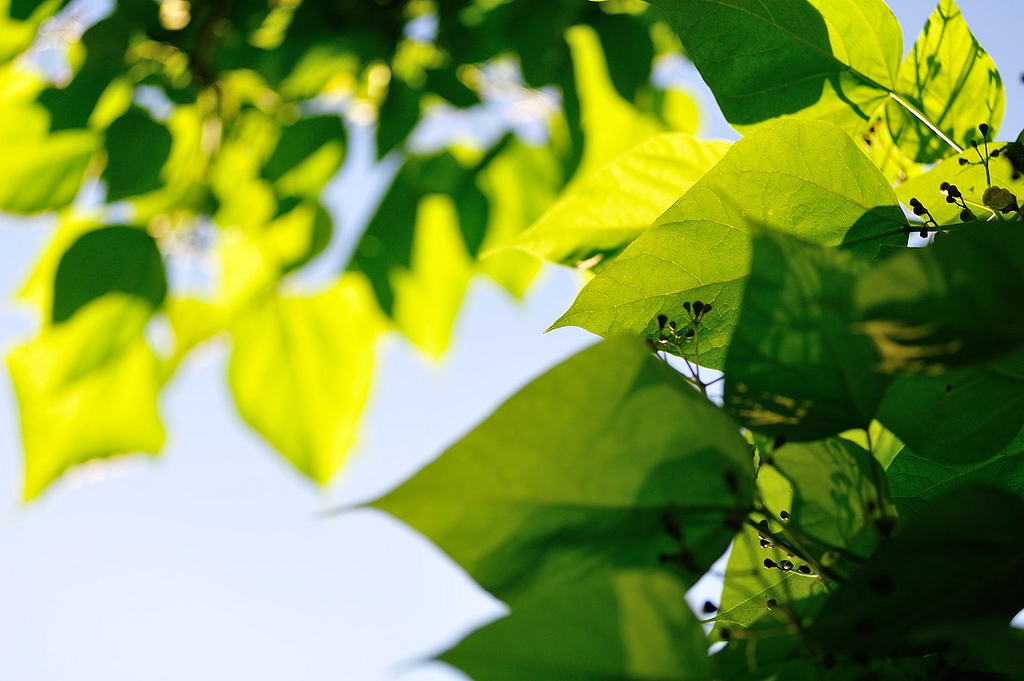By: Muaz Nasir
Saturday, February 2nd 2019 marks World Wetlands Day, where government agencies, non-governmental organizations, and groups of citizens at all levels of the community, take this opportunity to learn, share and take action aimed at raising public awareness of wetland values and benefits. This day also marks the date of the adoption of the Convention on Wetlands on February 2nd 1971, in the Iranian city of Ramsar on the shores of the Caspian Sea (1).
World Wetlands Day was established in 1997 to raise awareness about the value of wetlands for humanity and the planet. The theme for this year is Wetland and Climate Change, and draws attention to the crucial role wetlands play as a natural solution in building resilience to climate change.
What are wetlands?
Often an overlooked component of the ecological system, wetlands provide us with clean water, protect us from floods and droughts, offer food and livelihoods to millions of people and store more carbon than any other ecosystem. They also support a rich diversity of plants and animals, as well as migratory populations of birds and fish. Yet, the value of wetlands remains largely unrecognized by policy and decision makers (1).
“Wetlands play an important role in the health of our country and our communities. They remove sediments, excess nutrients and even bacteria from our drinking water. They are very effective at storing carbon. And much like a giant paper towel, they absorb and hold water to buffer our cities and farms from floods and droughts – both of which are growing more common and extreme in recent years.” Hillary Page, Director of Science and Stewardship, Nature Conservancy of Canada
Why are they important?
Since 1900, over 64% of the world's wetlands have been lost, with nearly 50% of this loss happening since 1970. Canada is home to nearly 25% of the world’s wetlands but 70% have either been destroyed or degraded. In the worst cases, such as some areas on the prairies, as much as 90% of our wetlands have disappeared (2).
There contributing causes for the disappearance or degradation of these valuable ecosystems include farming, urban development and resource extraction; which result in wetlands being drained and converted for other purposes (3). The negative impacts are cumulative and can have significant impacts to the surrounding environment. Every time a wetland is lost the entire watershed loses value to humans, animals and plants (4).
The loss or destruction of wetlands can result in:
Loss or degradation of wetland habitat and a loss of plant and animal biological diversity
Deterioration of wetland water quality
Reduction in water supply and water storage
Loss of flood plain land and floodplain protection
Increased soil erosion and desertification
Reduced range of recreational opportunities
“Wetland-dependent species are in serious decline. Since 1970, declines have affected 81% of inland wetland species populations and 36% of coastal and marine species.” International Union for the Conservation of Nature
Wetlands in Islam
Recent theological research has highlighted the importance of wetlands as Hima or ‘living sanctuaries’, that deserve to be protected based on their ecological importance to current and future generations. The Islamic concept of Hima has been practiced since the time of Prophet Muhammad (SAW) when he designated a Hima around the area of Madinah to ensure the protection of vegetation and wildlife. This approach has been expanded today, and has been interpreted to include the protection of ecologically significant or sensitive areas, including wetlands.
Hima has been recognized as a Community-Based Natural Resources Management (CBNRM) System, which promotes sustainable livelihood, resource conservation, and environmental protection for all. The Hima system is considered as one of the most widespread systems of traditional conservation that is based off of consensus and mutual benefit. Proponents of the application of Hima to wetlands cite passages from the Quran that clearly identify the responsibilities Muslims have as stewards over all environments, and ensuring their health for future generations (5).
“And it is He who has made you successors upon the earth and has raised some of you above others in degrees [of rank] that He may try you through what He has given you. Indeed, your Lord is swift in penalty; but indeed, He is Forgiving and Merciful.” Quran 6:165.
What you can do:
Explore wetland areas in your community and enjoy the natural diversity of plants and animals that thrive in this environment.
Learn more about the importance of wetlands, and educating others on their role and importance.
Become involved in wetland restoration projects in your community by reaching out to your local conservation authority.
Raise the issue with at your local planning committee to ensure development does not adversely degrade wetlands.
Visit the World Wetlands Day website for more information and resources on how wetlands can help mitigate the impacts of the climate change.
Sources:
Global Wetlands Outlook: https://www.global-wetland-outlook.ramsar.org/
Nature Conservancy of Canada:
http://www.natureconservancy.ca/en/where-we-work/manitoba/stories/wetlands-are-disappearing.html
Ducks Unlimited: https://www.ducks.ca/our-work/wetlands/
Wetlands Alberta: http://www.wetlandsalberta.ca/wetland-loss/
Hima as ‘Living Sanctuaries’: An approach to wetlands conservation from the perspective of Shari’a law: https://ac.els-cdn.com/S187704281304425X/1-s2.0-S187704281304425X-main.pdf?_tid=3953607b-370f-4b9d-b1dd-f90e3729cac8&acdnat=1548949103_c7e087d4a0fd8a16325fee5ff8b02eaa







 By: Muaz Nasir
By: Muaz Nasir


